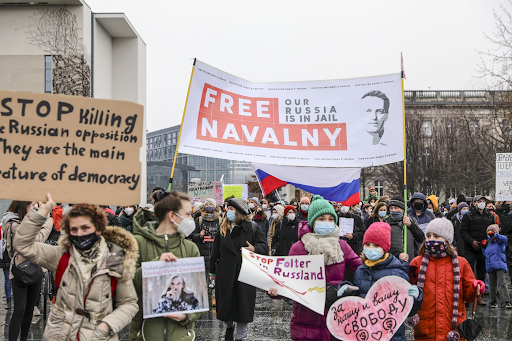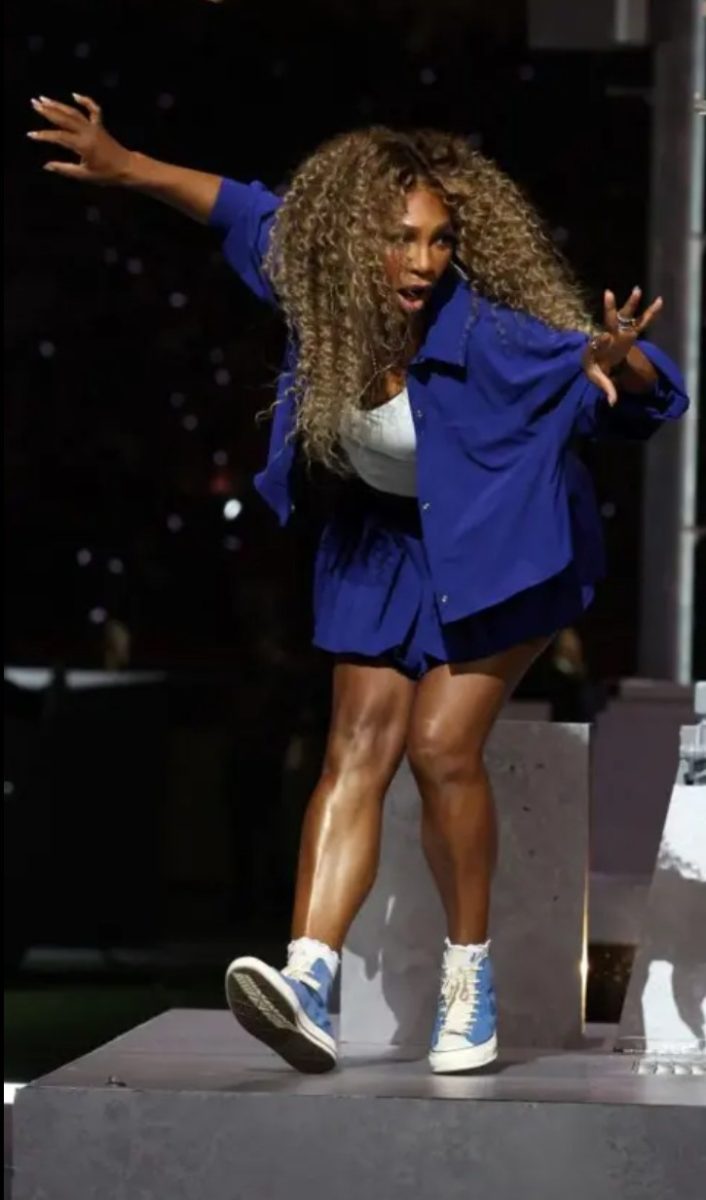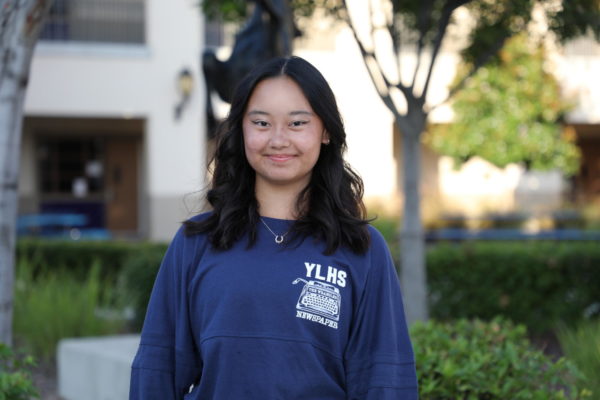How Russia Handles Dissent

Russian protesters rally to support Kremlin critic Alexei Navalny after his poisoning and arrest.
March 29, 2022
On February 24, 2022, Russia’s President Vladimir Putin officially launched military attacks on Ukraine, making the conflict a conventional, “nation-state to nation-state” form of warfare unseen on this scale since World War II (cnn.com). Throughout this Russian Invasion, censorship, death threats, and other modes of forced allegiance to the Russian Government are a vital component of Putin’s strategy to keep his country united against Ukraine. This type of oppression is not a new phenomenon, however. Russia has exhibited these methods of control from the beginnings of its Soviet autocracy to the 21st century technological age of the Russian Federation, and especially now under the czar-like President Vladimir Putin.

Past – Yevgeny Zamyatin
In wartorn 1917, former Bolshevik writer Yevgeny Zamyatin lived through the suppression of freedoms that the Russian Communist Party imposed on its people. As a result, he started writing a novel detailing a dystopian state similar to that imagined by the RCP. We was a groundbreaking story that was “completely banned in Russia” for its criticisms of collectivism (mises.org). The Soviet response to the publication of We was incredibly intolerant: they forced Zamyatin to flee Russia and immigrate to France and was the “first novel to be banned by the Soviets” (goodreads.com).
Recent History – Alexei Navalny
During the 2018 Russian Presidential Election, Putin had a popular political opponent named Alexei Navalny. Navalny promised policies of “anti-corruption” and was widely supported by the public, but was ultimately “barred from competing.” Regardless of this loss, he was and still is probably the most prominent anti-Kremlin figure in Russia (euronews.com). In 2020, Navalny was poisoned and became deathly ill, in an attack reminiscent of Sergei and Yulia Skripal in 2018. In 2021, he was arrested for a former fraud charge which was widely seen to be politically motivated.
Present – Russian anti-war protesters
In the wake of Putin’s invasion of Ukraine, most of the world (even many people in Russia) are united in their “condemnation” of his war. As YLHS Substitute Teacher Mr. Glen Fain says, “Putin is stuck in old history” particularly as it pertains to crushing dissent. Putin lacks support from his own country, as seen with the shocking live television protest of war by Russian news reporter Marina Ovsyannikova. She was fined, arrested, and even was thought to have gone missing at one point. Another way Russian citizens are being unfairly retaliated against for protesting their government is by being arrested. A widespread phenomenon happening during this new war are anti-war activists in the streets. The Russian Government and authorities provide this rationale to break up what Americans would call “peaceful protesting” and the “exercise of the freedom to assemble:” “Respected citizens, you are taking part in an unsanctioned public event. We demand you disperse” (foxnews.com).
All this having been said, Russia’s frequent and severe retaliations to opposing views are not new, and probably will cease in the immediate future. However, with time and the actions of individuals like Zamyatin, Navalny, and ordinary citizens, positive change can happen.




































